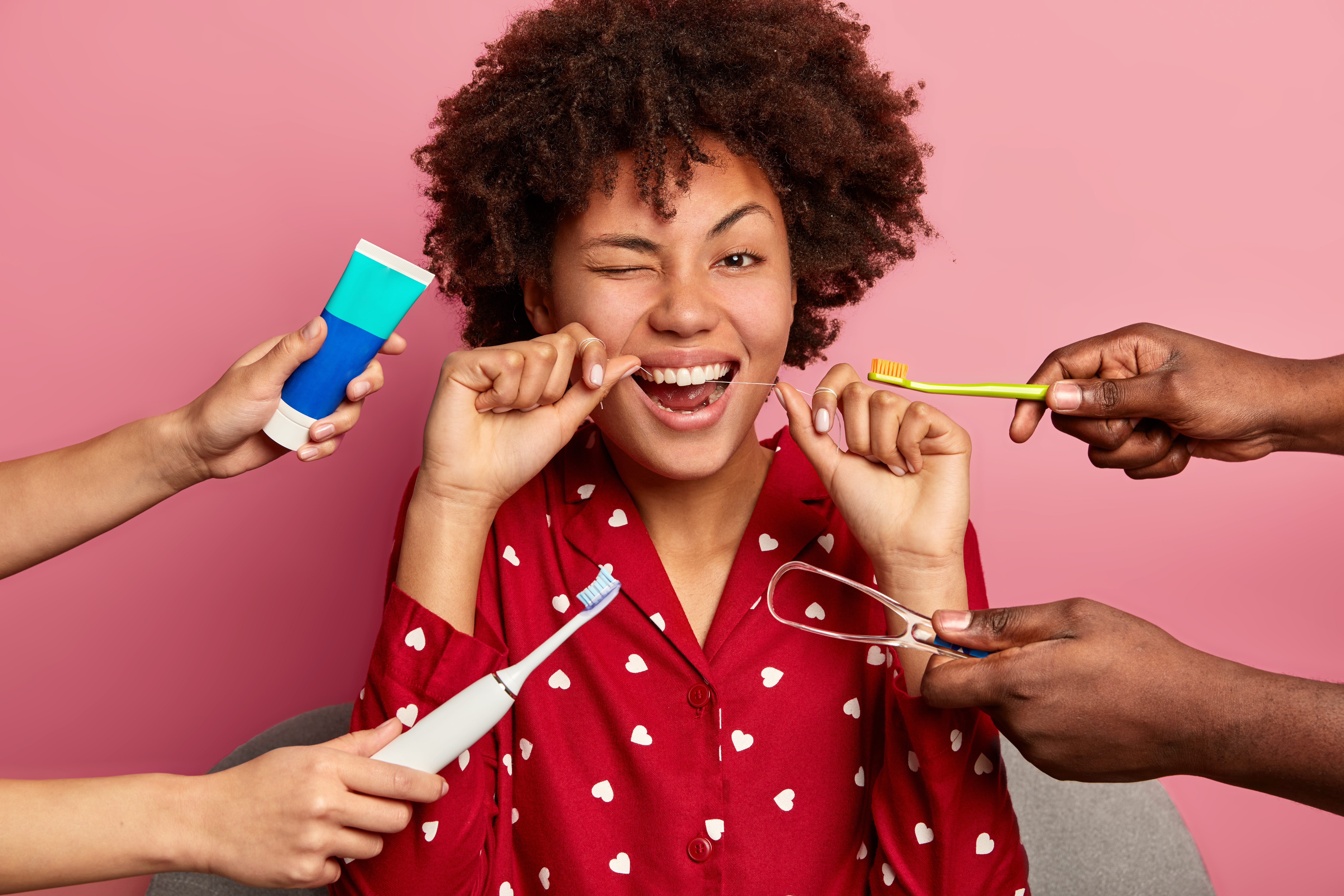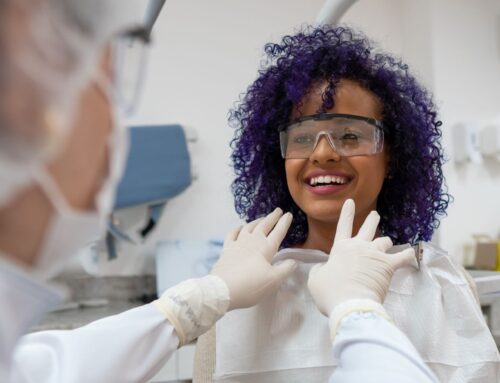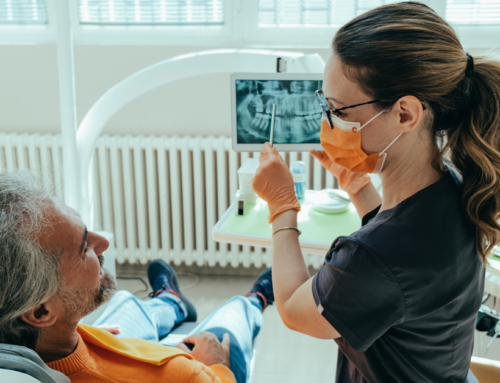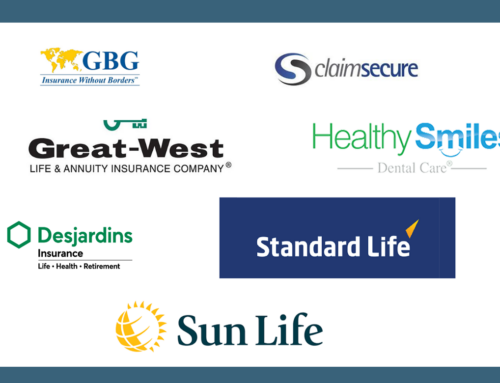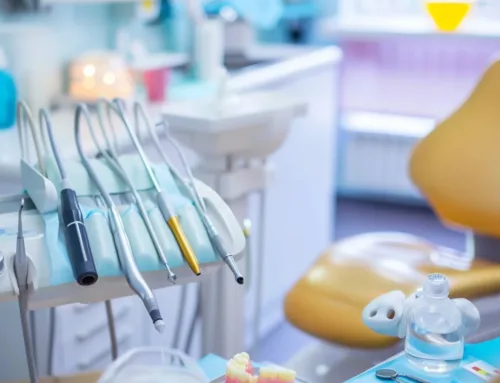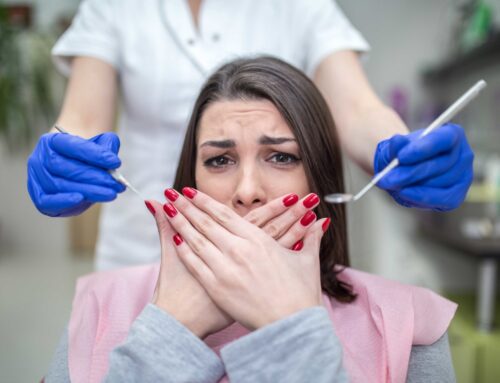Get Cleaner, Healthier Teeth with Improved Oral Care Habits & Regular Checkups
From the time we are little, we are taught about the importance of good dental health. Keeping your teeth clean is essential to maintaining a good state of overall health. With modern oral care products and advanced dental technology, it’s easier than ever to keep your smile in great shape. Nevertheless, there is always room for improvement in our at-home dental care routines. Here’s some tips for cleaner teeth & better dental checkups.
The health benefits of having a clean mouth are numerous, and quite significant. Keeping your teeth in good shape helps your smile look great, but it’s much more than just that. Proper dental care prevents many negative health conditions, including tooth decay, plaque and tartar build-up, staining and discoloration of the teeth, gum disease, loose or missing teeth, and more. The better care you take of your teeth, the better your teeth will help take care of you. To do this the right way, you’ve got to have an effective at-home oral care routine, as well as maintain the recommended schedule of professional hygiene checkups at your family dental clinic.
If you’ve been feeling like your teeth aren’t quite as clean as they could be, or are just looking for new ways to make your at-home dental care habits more effective, there are many options available that you can use to make improvements. Let’s start off at the logical beginning, and talk a little about what the proper tooth brushing technique looks like, and how you can make sure you’re getting the best results when you brush.
Proper Tooth Brushing Technique Matters
Brushing our teeth may seem like a really simple and basic task that we all know how to do, but you’d be surprised at how many people are not even aware of the small mistakes when brushing that are preventing them from getting their teeth optimally clean. First, the most common mistake people make is not brushing for long enough. A comprehensive brushing session should take between 2 and 3 minutes. Time yourself next time, and see just how much cleaner your teeth will feel after a full 3 minutes of brushing.
Another common mistake is brushing too hard and in the wrong pattern. You don’t need to press really hard with your brush, and doing so can actually cause more harm to your gums. In fact, many people who notice their gums have started to recede are brushing their teeth too vigorously and with excessive force. Furthermore, scrubbing back and forth in linear patterns won’t let the toothbrush bristles work properly. Ideally, you want to use circular motions for the best possible removal of stuck-on plaque and bacteria from the surfaces of the teeth, in the nooks and crannies between them, and under the gum line.
Manual Toothbrush vs. Automatic Toothbrush
If you’ve always used a manual toothbrush, you may want to consider investing in a modern automatic toothbrush. While they are a bit more expensive, they offer many advantages. Their oscillating and vibration motion works to loosen stubborn plaque for easier removal. Electric toothbrushes do most of the hard work for you, and many have integrated timers that will automatically turn the device off when the recommended brushing time has elapsed.
Some of the fancier automatic toothbrushes will actually prompt you at regular intervals according to a set ‘brushing program’ so you don’t stay in one area too long. This helps to ensure you give the entire mouth a good brushing, and no spots get missed accidentally. Some of these ‘smart’ toothbrushes may also have a pressure sensor feature, and will let you know if you’re pressing too hard when brushing.
Sure, a manual toothbrush will definitely get the job done, but there’s certainly a lot of positive aspects to automatic toothbrushes that make them worth your consideration. If you’d like more specific recommendations on the makes or models of toothbrush best suited for your oral care needs, your dentist can provide guidance on what to look for.
Yes, Flossing Your Teeth Really is THAT Important
As good as modern toothbrushes are, there are still some places in the mouth that they just can’t reach. In those tiny spaces and hard-to-reach gaps between the teeth, floss is needed to remove plaque and food remnants. If allowed to remain in these spaces, plaque will eventually harden into stuck-on tartar which must be professionally removed. Plaque and tartar are breeding grounds for bacteria, causing discoloration of the teeth and foul breath. If left unchecked, this bacteria growth can also progress to an infection of the gum tissue, leading to periodontitis (gum disease).
Flossing is one of the most effective ways to protect yourself against gum disease, so it really is as important as your parents, dental hygienists, and dentists have always told you. It’s also one of those things that gets easier the more you do it. Many people complain about discomfort or bleeding gums when flossing, but those are just signs that it’s definitely needed. Healthy, strong gums won’t do that, and after a few weeks of regular flossing you should start to notice that it’s much more comfortable. Your gum health will improve, and the bleeding will no longer occur as often.
There’s lots of different products to choose from to clean in between the teeth, from floss of all types and flavours, to thicker styles of interdental cleaning tape, interdental picks and brushes, and powered water flossers. All are effective at cleaning in between the teeth, so it really comes down to your personal preference on which one you should use. Of course, your dentist can provide recommendations on what might work best for your teeth and give you the optimum cleaning results.
Health Benefits of Mouthwashes & Oral Rinses
Another part of at-home oral care routines that has notable benefits to your dental health is the regular use of antibacterial oral rinse or mouthwash. These oral cleansing solutions are formulated to help freshen your breath by killing odor-causing bacteria and rinsing away leftover food particles and plaque that’s been loosened by brushing and flossing. This helps to keep your mouth cleaner, fresher, and healthier.
The antiseptic action of some mouthwashes also reduces the risk of developing gum disease which develops due to bacterial infections. The early stage of gum disease is known as gingivitis, and is characterized by frequent foul breath. Mouthwashes can work to rid a patient of the unfortunate effects of gingivitis, and prevent further progression to more advanced cases of gum disease and periodontitis.
Not all mouthwashes are created equal however, so it’s best to do some research before you choose one to include with your at-home dental care routine. Your dentist can offer suggestions on which brands are proven to be most effective, so don’t hesitate to ask for some advice during your next appointment.
Daily Oral Care Makes Dental Checkups Easier & More Effective
Ultimately, there are two main goals you’re aiming for with your personal dental cleaning routine; protection and prevention. Brushing, flossing, and using mouthwashes are all done to protect your mouth against harmful effects of bacteria. These protective measures then work to prevent more serious dental problems from developing. However, your dental health care efforts don’t start and end all in your own bathroom. Regular dental checkups and professional cleanings are also essential aspects of protection and prevention, and the better your at-home tooth care routine is, the better your experience in the dental chair will be.
Aside from the obvious benefit of preventing serious dental health problems like gum disease, maintaining diligent and thorough home oral cleansing habits minimizes the build-up of hard, stuck-on tartar that must be scaled off the teeth. The hygienist will be able to perform their descaling, polishing, and interdental cleaning tasks much more easily and quickly, making the entire process more comfortable for the patient. In addition, cleaner teeth react better to things like fluoride application or whitening treatments, leaving the teeth stronger and whiter.
Finally, having a cleaner and healthier mouth in general will result in a positive benefit for your overall state of well-being. Here at Georgian Dental, we approach the dental care of our patients from a holistic viewpoint. Holistic dentistry means we take into consideration the interdependence of oral health with the health of the rest of the body. Good dental health not only prevents problems like gum disease, but has positive influences on nutrition and diet, as well as increased self-confidence and personal satisfaction.
Taking care of our mouths helps us take care of the rest of our bodies. When we are doing a good job of it, the effects are cumulative. We become more likely to keep up other positive health habits, which in turn lead us back to taking better care of our mouths. It all comes around full circle to result in a strong, resilient, and healthy body that lets us live our lives to the fullest.
Always Working Towards Stronger Teeth, Healthier Gums, and Beautiful Smiles
It’s never been easier to take great care of your smile, and the team here at Georgian Dental welcomes the opportunity to help you make the most of your dental care habits. We’ll gladly answer any questions you may have and provide helpful advice on what you can do to get better results from your at-home oral care routine and regular dental check-ups. Get in touch with us today to arrange for your next appointment. We look forward to seeing you soon!
Appointment Request
If you’re interested in any of our procedures, and would like to meet with one of our dentists to discuss options, costs and get additional information, complete this short form and we’ll give you a call to arrange for a no-obligation appointment at our Barrie clinic.
